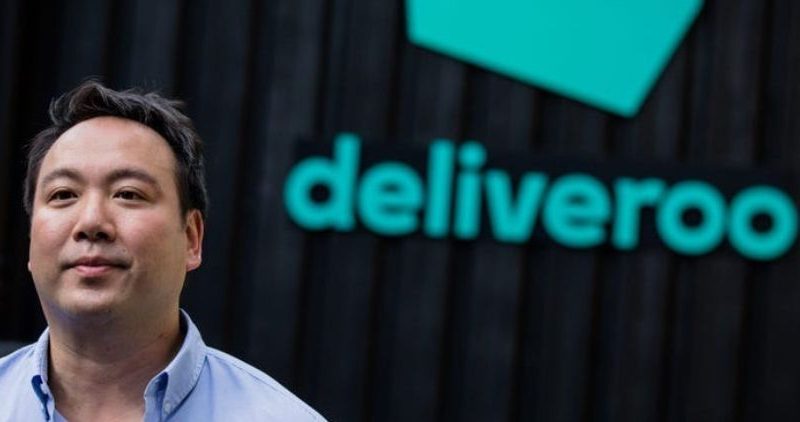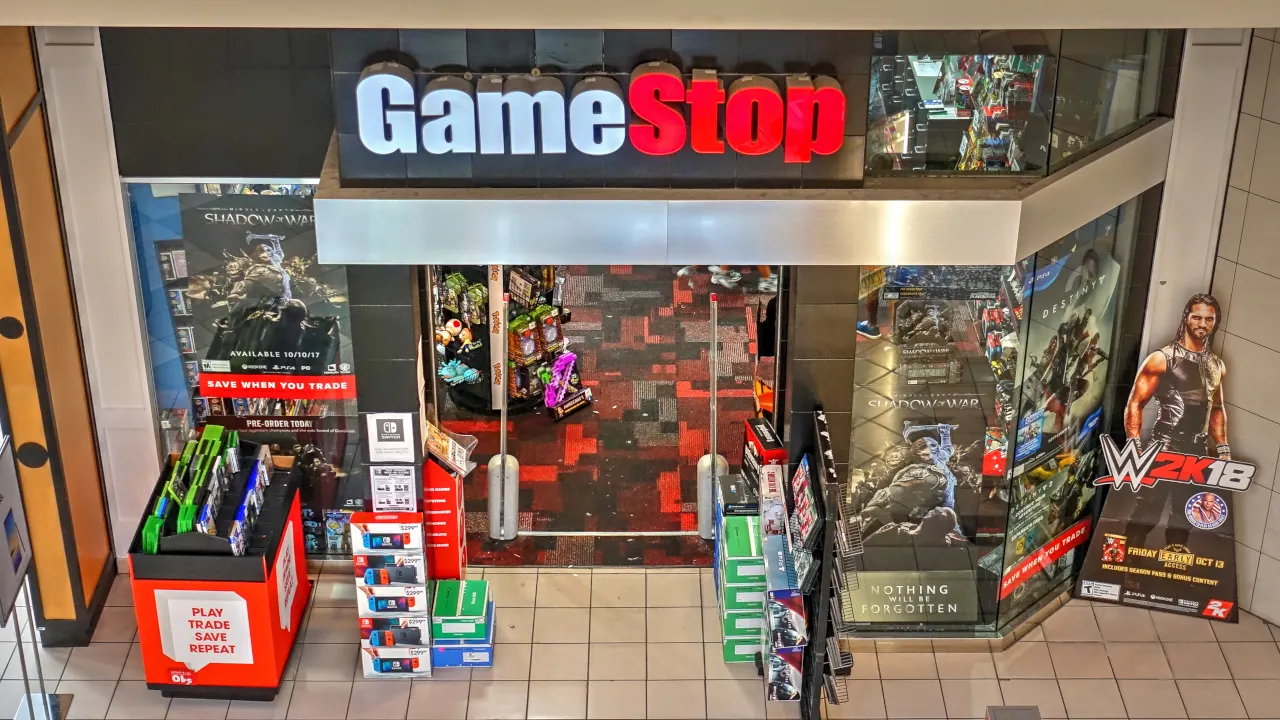DoorDash acquires Deliveroo for £2.9B: Are Just Eat and Uber Eats next?

On May 6, 2025, US-based food delivery giant DoorDash announced its £2.9 billion acquisition of UK-based Deliveroo, marking a significant global food delivery market shift. This deal represents another UK-listed company acquired by a US competitor, with far-reaching implications for Britain’s business landscape.
DoorDash has agreed to pay 180 pence per share in cash for Deliveroo — a 44% premium over its share price on April 4, 2025, when acquisition discussions became public. The deal values Deliveroo’s enterprise at approximately £2.4 billion, about 13.4 times its forecasted 2025 EBITDA.
While the 44% premium appears generous, the acquisition price reveals a more nuanced story about Deliveroo’s public journey. The 180p per share offer falls significantly below Deliveroo’s March 2021 London Stock Exchange debut price of 390p, which valued the company at £7.6 billion. This stark decline highlights Deliveroo’s post-IPO struggles, with the current price less than half its initial public valuation.
The deal will be completed in the final quarter 2025, subject to shareholder and regulatory approval. DoorDash has stated that the financial terms are final and will not increase except in response to a competing offer.
Deliveroo will maintain its London headquarters and existing GMB union agreements, preserving its UK presence. However, the merger could result in up to 830 job cuts, mainly in back-office roles, though both companies have committed to minimising redundancies.
Deliveroo’s co-founder, Will Shu, who owns 6.4% of the company, will receive approximately £172.4 million from the deal. Shu will continue his involvement with the combined entity, which plans to invest in technology and logistics to enhance its global competitiveness.
The merger raises questions about operational integration across markets and implementing DoorDash’s practices in Deliveroo’s established territories. The companies state their combination will “strengthen DoorDash’s position as a leading global platform in local commerce, enabling the combined entity to serve businesses, consumers and couriers better.”
This high-profile merger will likely face scrutiny from the UK’s Competition and Markets Authority (CMA), which previously blocked Amazon’s investment in Deliveroo over competition concerns. The CMA will examine whether the combined DoorDash-Deliveroo entity could harm competition, particularly in grocery delivery and gig worker practices. Though DoorDash has less UK market overlap than Amazon, the merger’s scale could prompt an extended review.
The acquisition comes at a pivotal moment for gig economy workers. In late 2023, the UK Supreme Court ruled that Deliveroo riders aren’t classified as “workers,” denying them collective bargaining rights, contrasting with Uber drivers’ 2021 worker status victory. DoorDash’s entry could bring changes, given its US pilot programs employing couriers directly.
If DoorDash implements similar practices in the UK, it could transform Deliveroo’s flexible, low-cost model and enhance conditions for thousands of riders. However, unions criticise the current gig model as exploitative, and the contrast between executive windfalls and modest staff compensation may amplify reform demands.
The merger will forge a dominant player in global food delivery. Though both companies launched in 2013, they’ve followed different paths: Deliveroo operates in nine countries (mainly Europe and the Middle East), while DoorDash serves more than 30 countries worldwide.
The combined entity will operate across roughly 40 countries, serving about 50 million monthly active users and processing an estimated $90 billion (£67.7 billion) in annual orders. This expanded reach will particularly boost DoorDash’s European presence, which has trailed Uber Eats and Just Eat.
The merger combines DoorDash’s technological capabilities and capital resources with Deliveroo’s strong European market position. Will Shu called the merger “transformative,” noting that “the enlarged group will have the scale to invest in product, technology and the overall consumer value proposition.”
Deliveroo’s Editions network is a key strategic asset — delivery-only “dark kitchens” enabling restaurant expansion without physical storefronts. DoorDash’s US ghost kitchen experience could accelerate this model in the UK, especially in Leeds and Salford, where Deliveroo Editions thrive. While these kitchens enhance efficiency and choice, critics caution about reduced transparency and working conditions, which DoorDash must address during integration.
This acquisition intensifies concerns about the London Stock Exchange’s ability to retain major technology companies, adding to a pattern of UK-listed companies being acquired by US corporations or choosing US listings.
The contrasting trajectories of these food delivery companies, which went public around the same time on different exchanges, are revealing. While DoorDash’s shares have gained 84% since listing on the New York Stock Exchange, Deliveroo’s have fallen 56% since its London debut — highlighting the stark differences in market dynamics and investor sentiment between UK and US exchanges.
Danny RimerofIndex Ventures, an early Deliveroo investor, has stated that if given another chance, he would have preferred a US listing over London. This view reflects wider concerns about the UK market’s appeal to high-growth technology companies and London’s standing as a global financial centre.
Deliveroo’s sale at less than half its IPO value exemplifies a broader trend. Since 2021, over a dozen UK tech companies have departed the London Stock Exchange through delistings or US acquisitions. Many cite London’s lower valuations and stricter regulations, fueling debate about the city’s future as a tech hub.
The UK food delivery market, valued at anestimated$48 billion in 2024, has three dominant players: Just Eat (35% market share), Uber Eats (29%), and Deliveroo (28%). The DoorDash-Deliveroo merger could dramatically alter this landscape.
Matt Britzman, equity analyst at Hargreaves Lansdown, suggests DoorDash aims to “eliminate” competitors like Just Eat and “shake up Uber” in the UK market. He predicts the acquisition could create “an intense two-horse race with DoorDash and Uber leading.” While this consolidation might boost short-term competition, it raises concerns about long-term market concentration and its impact on restaurants, workers, and consumers.
The deal coincides with the UK food delivery sector’s maturation beyond its pandemic peak. As the world’s third-largest online food delivery market after China and the US, British consumers average 20 orders annually. The sector continues evolving, with grocery delivery poised to capture an increasing market share as consumer preferences shift.
The DoorDash-Deliveroo merger followsProsus’ recent acquisition of Just Eat, which sold at a steep discount after international expansion challenges. Uber Eats, previously linked to Deliveroo acquisition rumours, now faces a strategic decision: pursue acquisitions, expand grocery partnerships, or revise its labour model. While analysts expect further industry consolidation, regulatory hurdles and labour issues may slow the pace.
As the deal progresses, stakeholders across the UK ecosystem — from investors and employees to restaurants and consumers — will closely monitor how this transatlantic merger reshapes food delivery and signals the future for British technology companies.

Published on Other News Site













